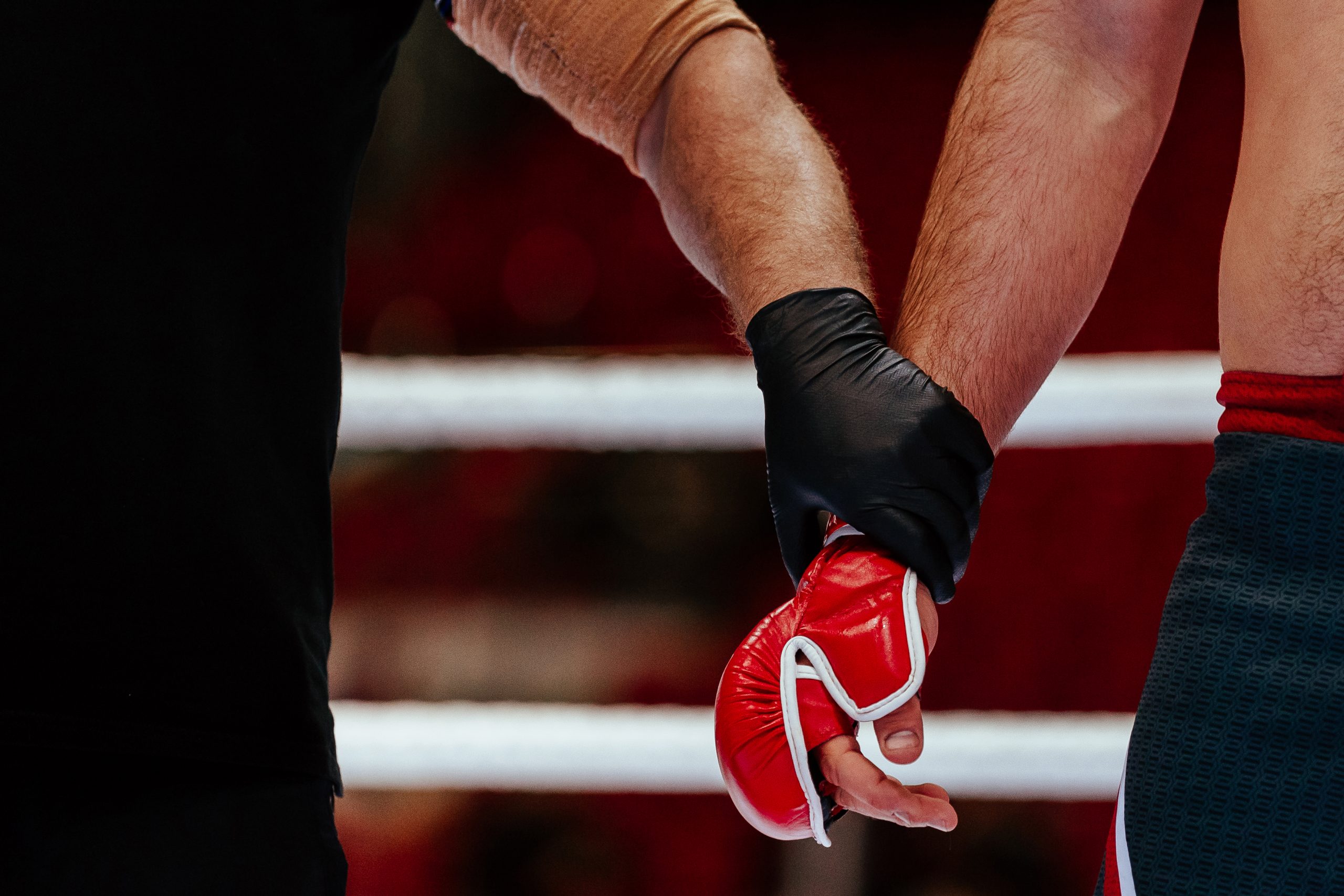
The United States Anti-Doping Agency (USADA), a nonprofit whose goal is the advancement of clean sports, will no longer penalize Ultimate Fighting Championship (UFC) athletes who test positive for cannabis.
Prior to the change, which retroactively began Jan. 1st, officials tested athletes for cannabis prior to fights using a threshold system. Test results showing THC levels higher than 180ng/ML could result in suspension.
Why the new Rules?
Under the new rules, however, there will be no punishment for a positive test result. That is as long as the athletes show no signs of visible impairment during the mixed martial arts competitions.
The senior vice president of athlete health and performance for the UFC, Jeff Nivitzky, explained why he supported the rule change to MMA Fighting.
“When I get those calls weeks out from a fight, fighters that use marijuana say ‘Jeff, when should I stop to make sure I’m under the level?’ Novitzky said. “What some of those stories include are ‘I choose to use marijuana in lieu of opioids for pain management, in lieu of Xanax to control my anxiety, in lieu of Ambien so I can sleep because I’m so damn nervous before a fight.’ It bothered me a lot that the rules in anti-doping really directs these fighters towards more dangerous drugs, the closer they get to fights.”
What the Science Shows
Novitzky, who noted recent discoveries regarding cannabis-impaired driving, said a report by the Department of Transportation is what accelerated his interest in the changes.
The report, which researchers submitted to Congress in 2017, found no scientific correlation between levels of THC in the urine or blood, and impairment.
Further, with no evidence to show that the phytocannabinoids often present in CBD products used by UFC athletes would provide significant performance advantages, the UFC is also removing such substances from the anti-doping policy.
“There’s just no science to support that any number correlates to impairment,” Novitzky said. “So that’s why we felt necessary to add that extra prong into the determination factor of ‘is there real evidence of impairment?’ I think this is going to be really good.”
“That’s really the only thing we care about in fighting from an anti-doping perspective is impairment,” he added.
It is important to note that the change in USADA rules does not affect state-to-state regulations. Thus, athletes could potentially still face punishment for a positive test from varying athletic commissions.
The goal end, as noted by Novitzky, however, is to “educate, inform, and lobby” the entire organization into uniformity.
A copy of the UFC Anti-Doping Policy can be found at ufc.usada.org.


Leave a Reply